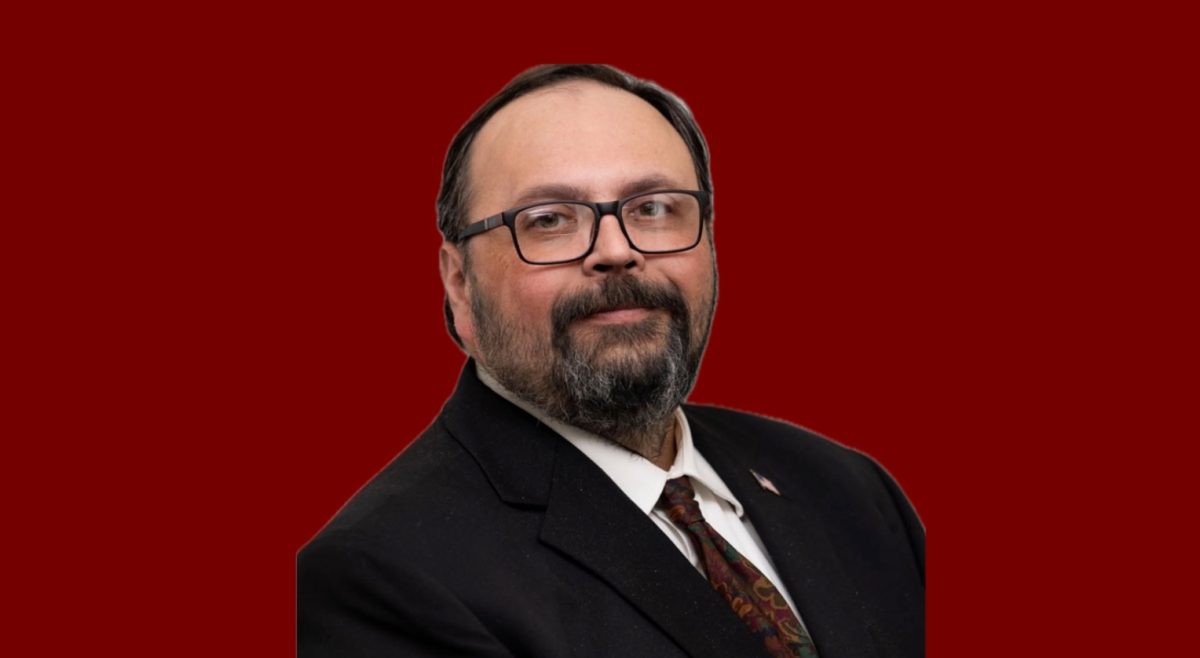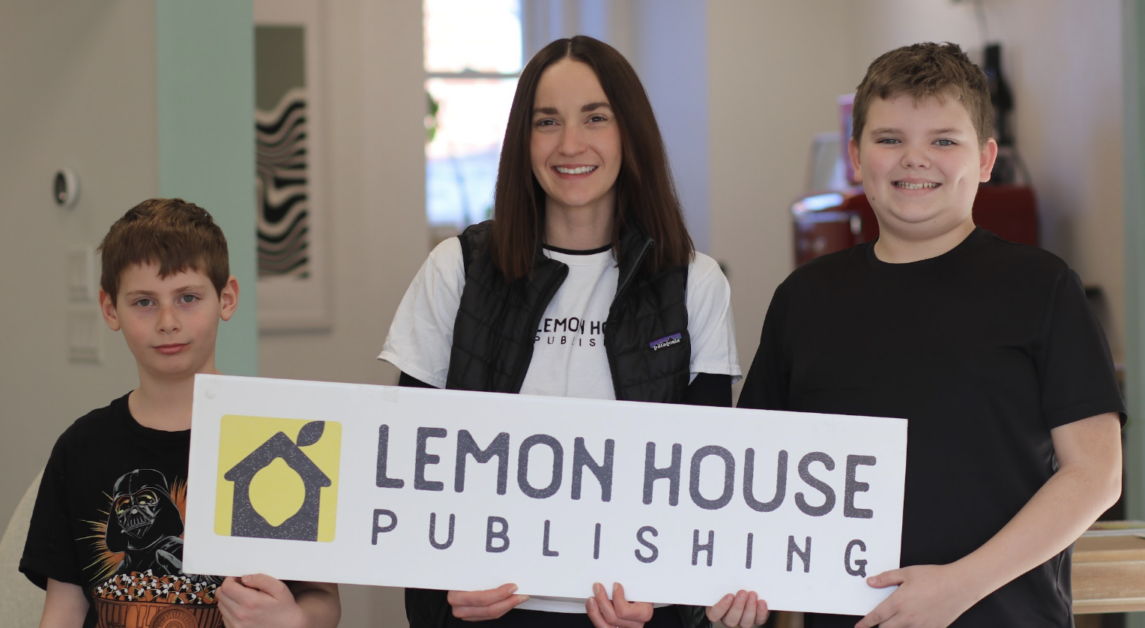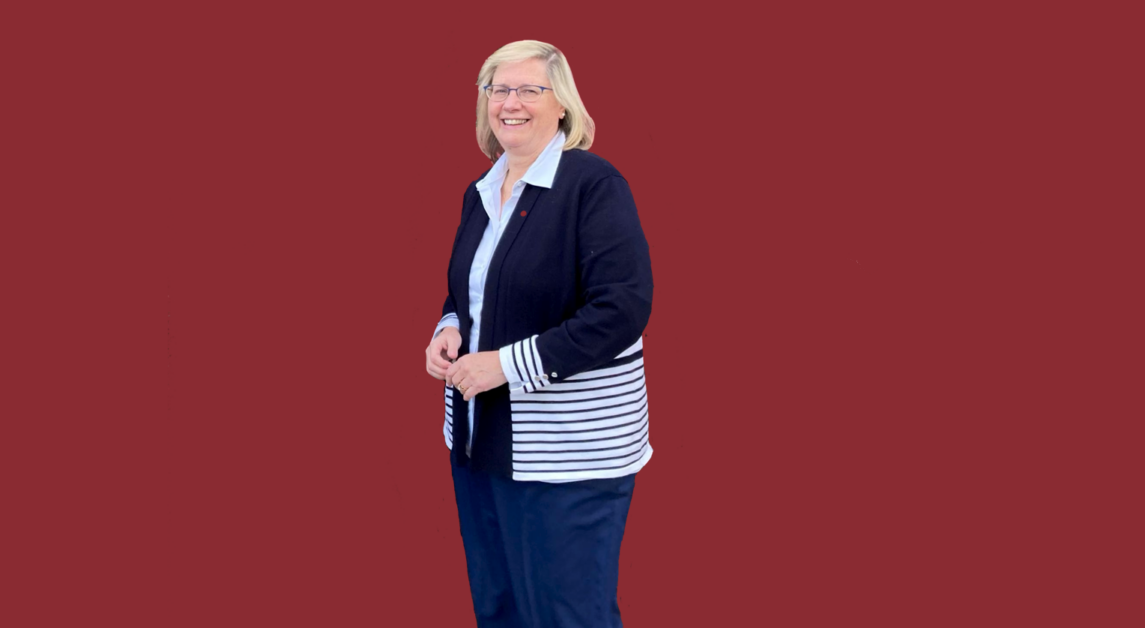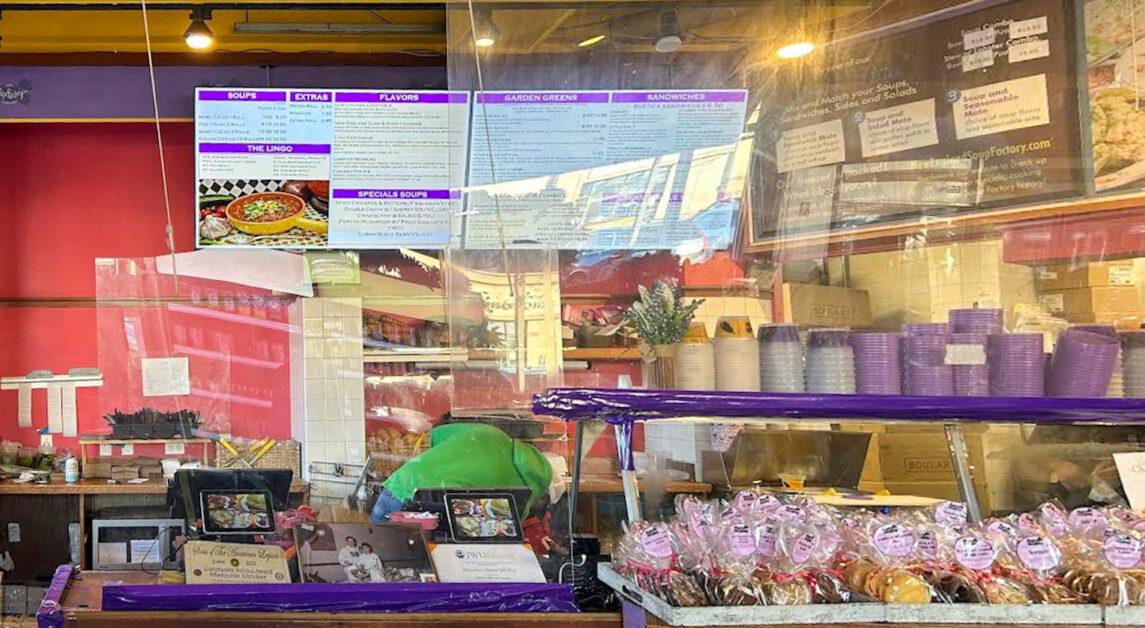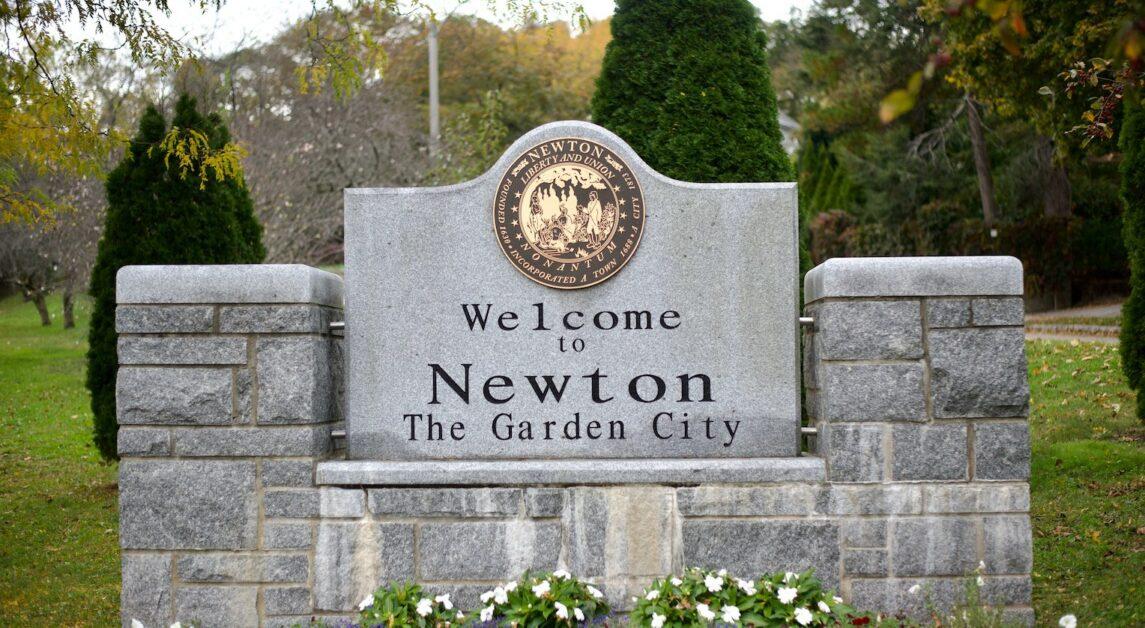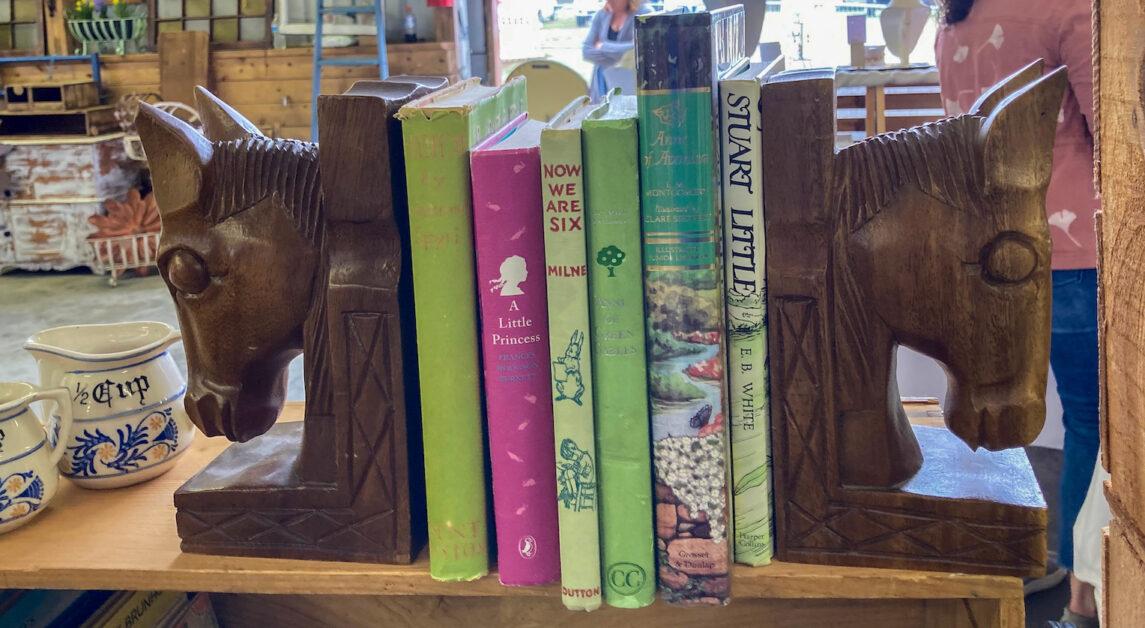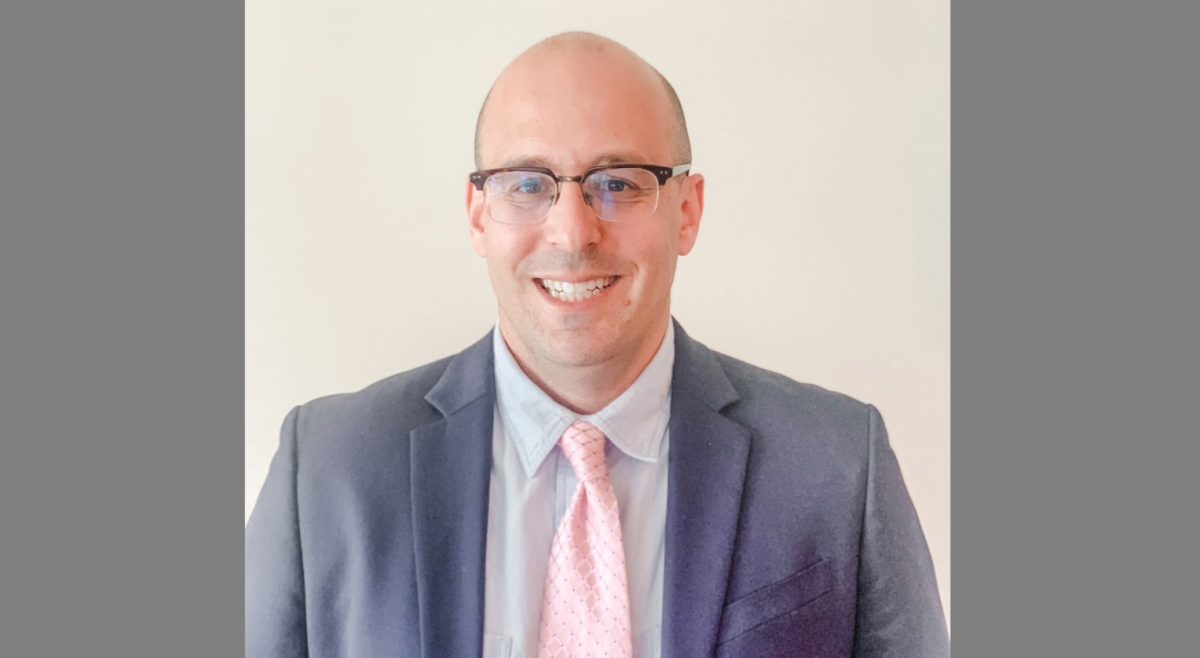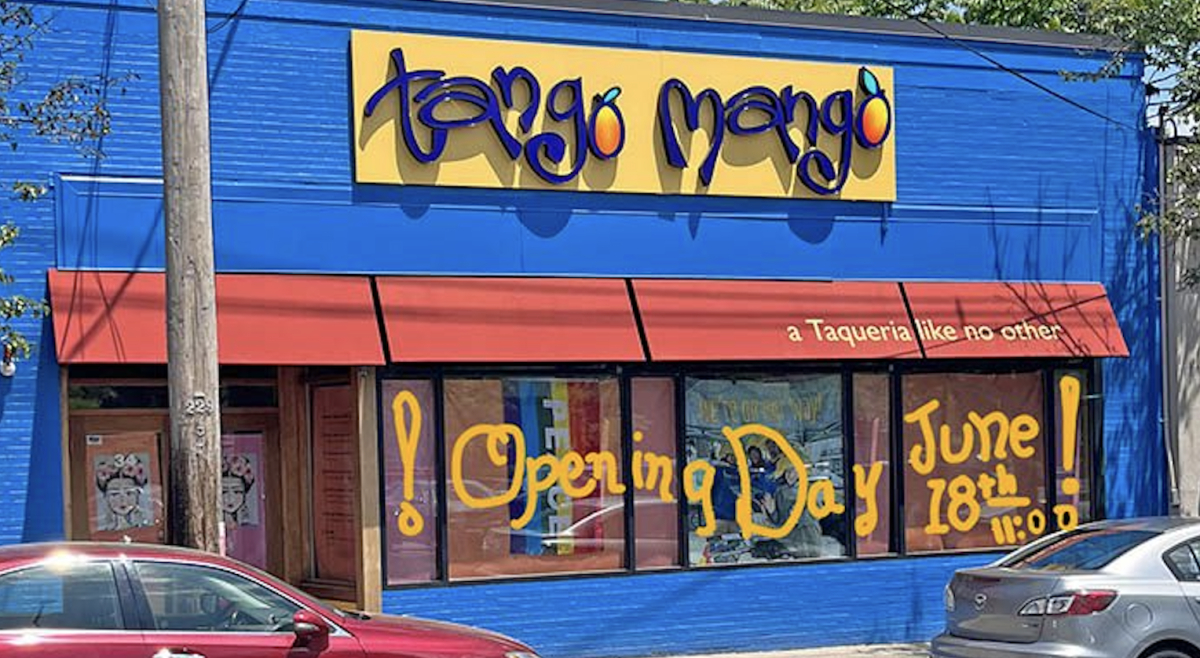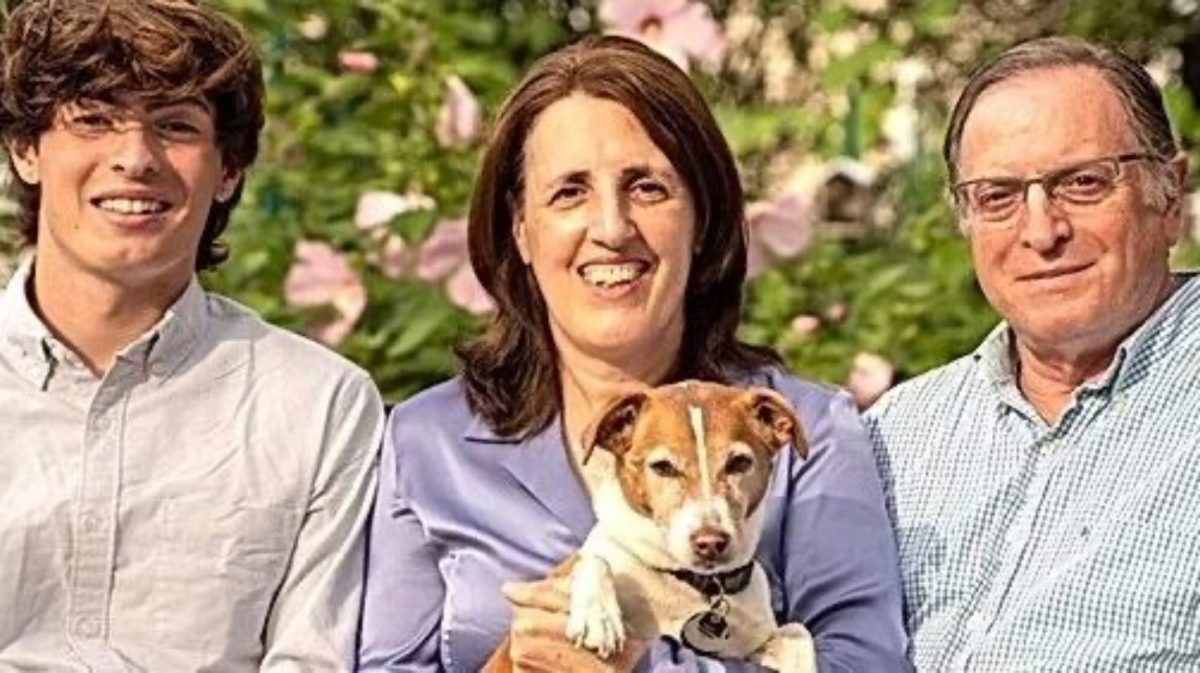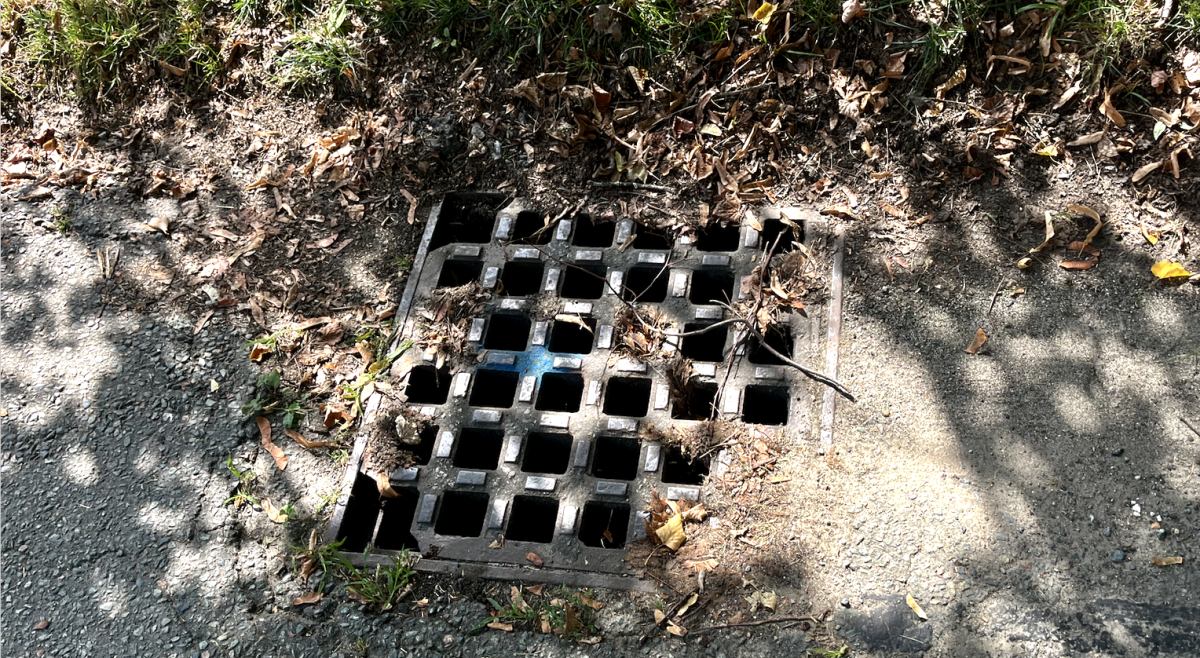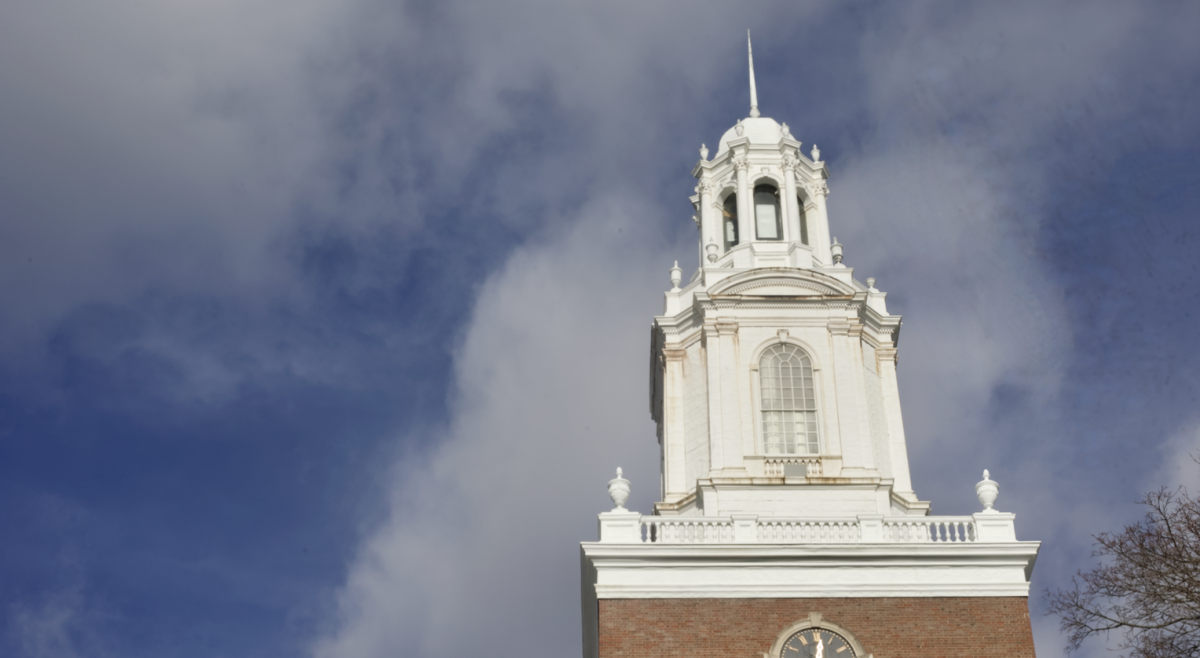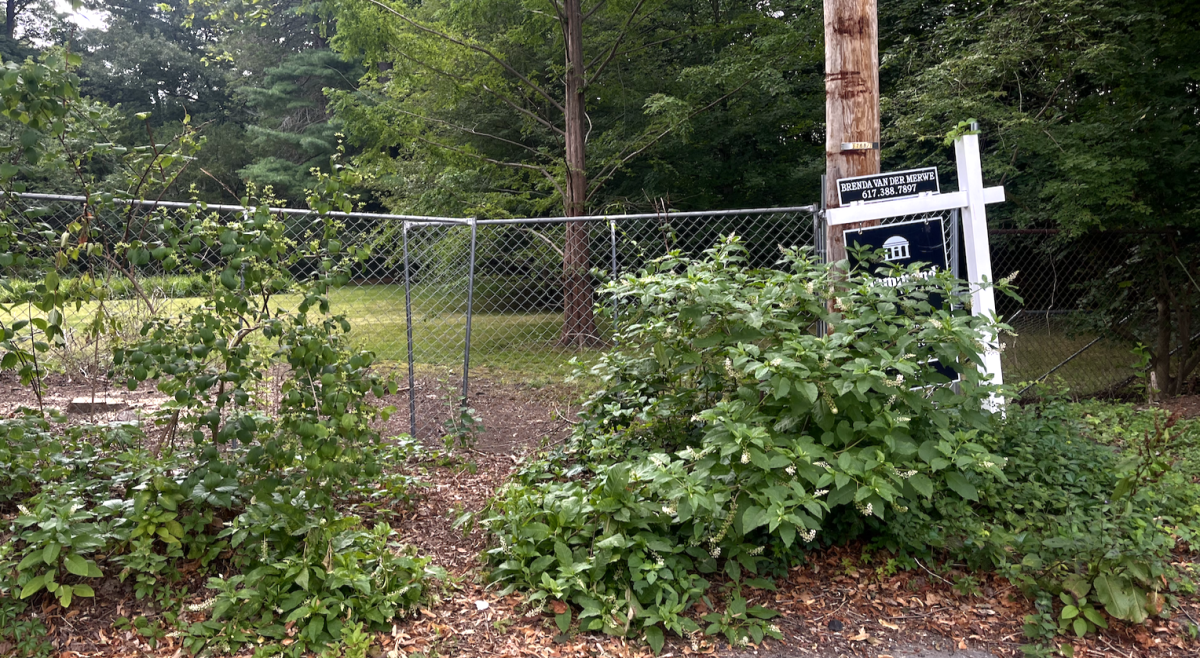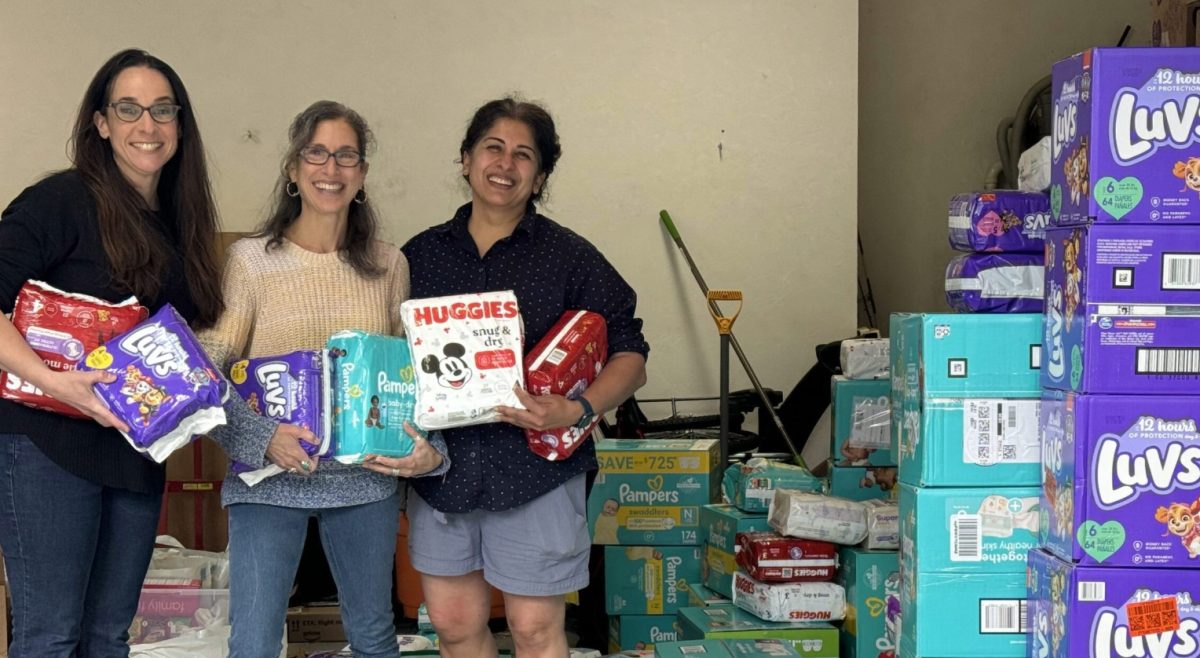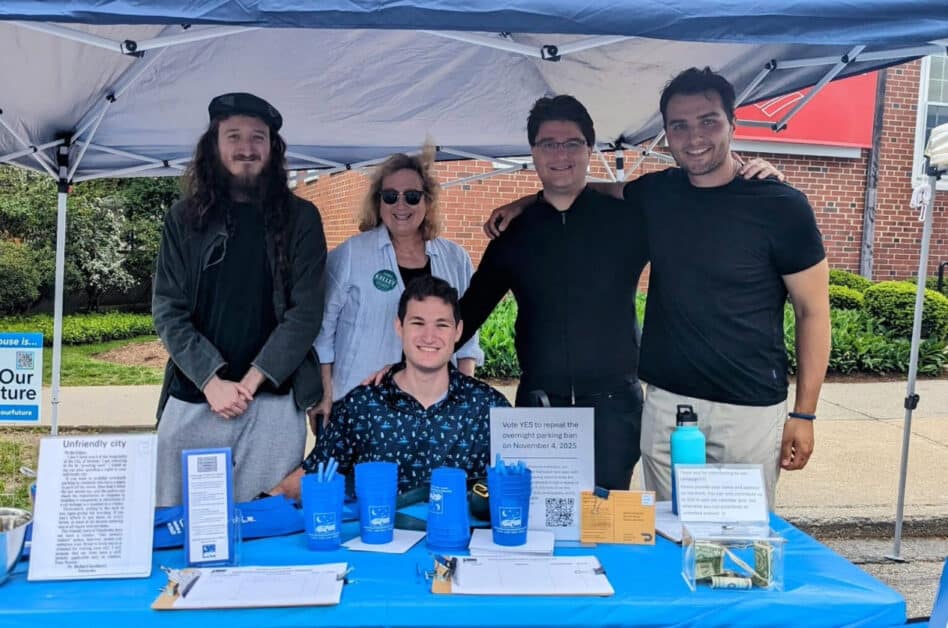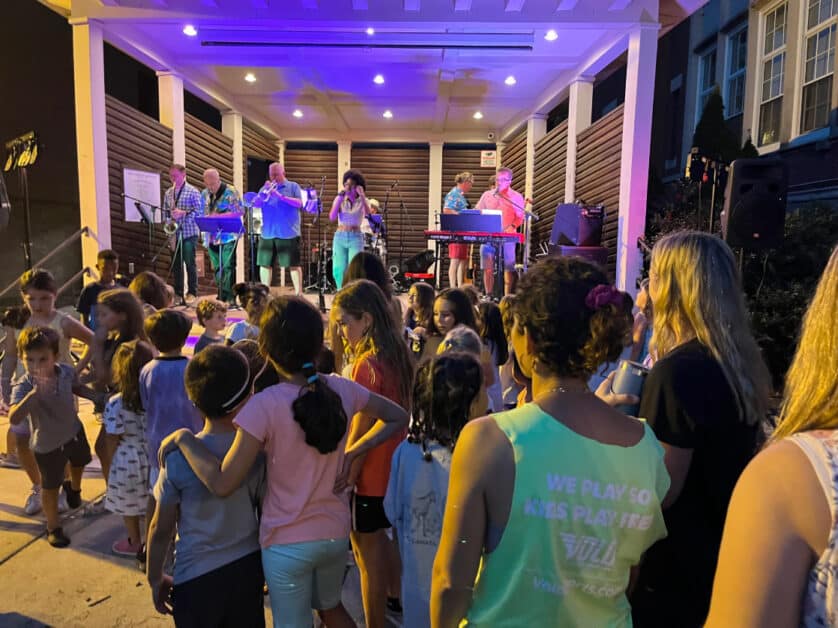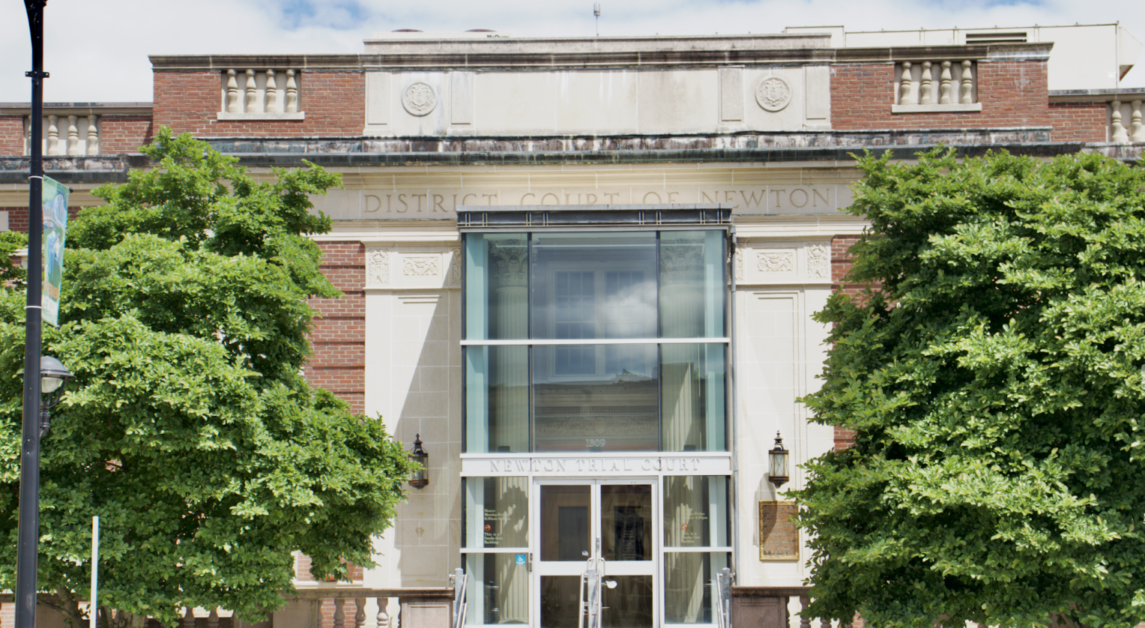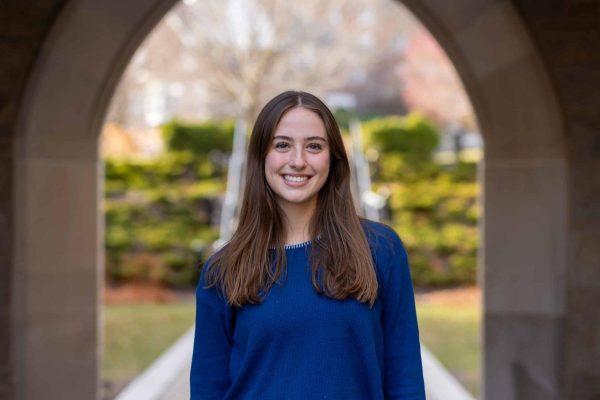From looking at Newton mayoral candidate Al Cecchinelli’s Instagram page, you would be more likely to take the Nonantum lawyer as a chef than a politician.
His feed is filled with daily snapshots of his lunches—usually sandwiches—all captioned with “What’s for lunch?” Cecchinelli said he picked up the habit during the pandemic to stay connected with the community and kept it up to appease popular demand.
“It’s not unusual for me to be walking down the street and have someone yell, ‘What’s for lunch?’” Cecchinelli said.
And for the lifelong Newton resident, cooking—and posting about it—helps him stay connected to his professional history as a chef, which informs his approach to politics.
“Working in a professional kitchen is a high-pressure thing,” said Cecchinelli. “You’re forced to perform. You’ve got to be able to roll with what comes at you.”
Cecchinelli, having spent his life involved with several Newton nonprofits from the Sons of the American Legion and Newton Taxpayers Association to the Community Care Cooperative, felt called to the mayoral race because of change. As he sees it, recent reforms like upzoning, housing development, and bike lanes on Washington Street are pushing the city in a direction he doesn’t recognize.
“Part of the reason that I’m running is because I love Newton,” said Cecchinelli. “I just love the city, and I see it changing to a point of being unrecognizable.”
Much of that change is happening in the city’s housing policies, according to Cecchinelli. He opposes the notion that Newton has a housing shortage, an idea often invoked to justify upzoning policies that open the door to denser housing development. Instead, Cecchinelli said Newton has enough homes to go around—they’re just too expensive.
“There’s a big misnomer that there’s a housing shortage in Newton,” said Cecchinelli. “If you go on Zillow right now, there are 500 units available. We’ve got 2,300 units being built currently. The problem that we have is that we don’t have low-income housing.”
Instead, his approach includes requiring more affordable housing in new developments. Currently, state law requires that at least 20-25 percent of units in a new development have affordability restrictions, but Cecchinelli wants to make those requirements stricter within the city.
“Maybe we could put in our own system where any development over six units, 30 percent of the units have to be at 30 percent of the average median income, so that might be a way to get that done,” Cecchinelli said. “But I don’t think that high-density housing is the answer to lowering the cost of apartments.”
Cecchinelli also opposes Newton’s sanctuary city status, holding that the city should comply with federal immigration laws, especially since Mayor Ruthanne Fuller invoked state laws as a justification for painting over the Italian flag lines on Adams Street in Cecchinelli’s home of Nonantum this past summer.
“Mayor Fuller cited that it was federal guidelines that required her to paint those lines and get rid of the Italian flag,” Cecchinelli said. “Well, federal guidelines require that if you’re not here legally, you have to be deported. So why do we pick and choose which federal guidelines we like?”
Though the race is nonpartisan, Cecchinelli acknowledged that his history as a Republican and his experience in the Newton Republican City Committee could keep some liberal residents from considering him for mayor.
“It’s tough because I know that there’s probably 25 percent of the city, right off the bat, that says, ‘Oh, he’s a Republican. I’m not going to vote for him,’” Cecchinelli said. “All my life, I’ve voted for Democrats or Republicans. I try to get the best person for the job, that person that I think is going to do the best job. And it’s a shame that you know that the label would keep somebody from looking at my ideas.”
Cecchinelli added that he has a lot in common with liberals in the city, perhaps best displayed in his plan to bring universal healthcare to Newton. To accomplish this, Cecchinelli said he would hire a staff of primary care physicians to offer medical services through a public clinic, possibly operated out of the old Lincoln-Eliot Elementary School building.
In his vision, the city would first open the clinic to city employees through their existing insurance policies. Down the line, he imagines it could become a resource for the whole city.
“Eventually, we’re going to open this up to at-risk youth in Newton, we’ll open it up to the elderly in Newton,” Cecchinelli said. “It costs so much less to see a primary care physician in a clinic than it does in a private office.”
November’s election will mark Cecchinelli’s third campaign for mayor. He previously ran in 2017 and again in 2021, winning 4.3 percent of the vote in the first race and 6.1 percent in the second. He said those campaigns taught him the value—and the difficulty—of a grassroots campaign.
“I can’t send a mailer out the day before the election, I just don’t have the money,” Cecchinelli said. “But it also shows that I’m going to be able to fund the city on what we need to do, as opposed to spending a lot of money.”
Cecchinelli faces a stiff financial challenger in City Council President Marc Laredo—the other candidate in the race—who has spent $73,892 so far on his campaign. Cecchinelli, in contrast, has spent just $576, according to campaign finance records.
“It takes a lot of money to get your word and your name out there, and … I’m a grassroots campaign,” Cecchinelli said. “I need to get out and shake hands.”
But in the face of past defeats, financial hurdles, and a voting base that leans left, Cecchinelli thinks face-to-face connection might just be his secret weapon.
“I find that once people meet me, they sort of like me,” Cecchinelli said.

